
Health Info, Policy Updates
9.30.24 Voter Empowerment Alert
September 30, 2024
What are my voting rights exactly? Know your voter rights so you’ll feel confident and unshakable when you go to cast your ballot.
Deep Dive Articles
Publication Date: March 08, 2022
By: Adele Costa

In honor of Women’s History Month, our team at the National Women’s Health Network dug deep into the archives to bring you the lives of five lesser-known historical women in medicine. Read on to learn all about them and their important contributions to the health care landscape today. Warning – you just may fall into a few biographical rabbit holes!
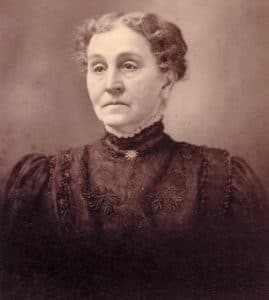
Martha Moore Ballard was an American midwife and healer who delivered 816 babies over 27 years in a rough homestead country. Because women at this time were not permitted to attend medical school, Martha never received any formal medical training. Instead, Martha taught herself midwifery and herbalism by drawing from her extensive field experience on the remote frontier, serving women when no one else could. Her efforts paid off – she successfully delivered hundreds of babies, and the mortality rates of the mothers and infants that she visited were right in line with the U.S. average at the time. In addition to aiding in births and illness care, Martha often advocated for women in court, providing expert testimony on cases involving paternity disputes, domestic violence, and other issues that disproportionately affected frontier women.
Further Reading: The historical monograph A Midwife’s Tale: The Life of Martha Ballard, offers a rare and fascinating glimpse into Martha’s world (and even parts of her diary)!
James Barry was a highly decorated military surgeon in the British Army. Although Barry lived his adult life as a man, Barry was named Margaret Ann at birth and was known as female in childhood.
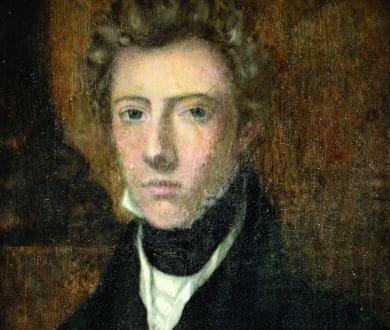
Scholars widely think that Barry lived as a man in both public and private life to pursue a career as a surgeon during a time when women were systematically denied that opportunity (although some also speculate Barry would have identified as intersex today). Before his retirement, Barry rose to the second-highest medical office possible and was in charge of dozens of military hospitals in the army’s purview. Barry is credited as having performed one of the first recorded cesarean sections in which both mother and child survived and improved hospital conditions for soldiers and civilians alike during his tenure.
Further Reading: To learn more about James Barry’s incredible (and often lonely) life, dive into the biography Dr. James Barry: A Woman Ahead of Her Time.
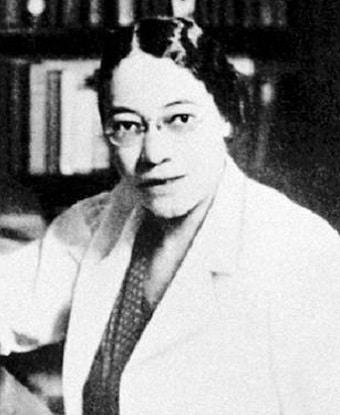
Dr. Virginia Alexander opened the doors of her newly-renovated house to found the Aspiranto Health Home in Philadelphia. One of the largest Black communities in America at the time, Philadelphia was home to hundreds of people who, whether due to lack of means, discrimination, or both, were not getting much-needed medical care. Dr. Alexander and the Aspiranto home helped to fill that gap. Services provided by Aspiranto, often free of charge, included emergency services, general medical care, obstetric care, and even parenting classes. Dr. Alexander was also one of the first people to obtain a Masters in Public Health, which she put to good use caring for workers in the punishing iron and coal mines of Alabama during World War II.
Further Reading: Although no ambitious historian has yet attempted a full-length biography of Dr. Alexander, you can learn more from several in-depth profiles at nih.gov, the American Friends Service Committee, and the National Parks Service.
Throughout history, women in the U.S. have been subjected to coordinated efforts to control their fertility, including through abusive and non-consensual sterilization.
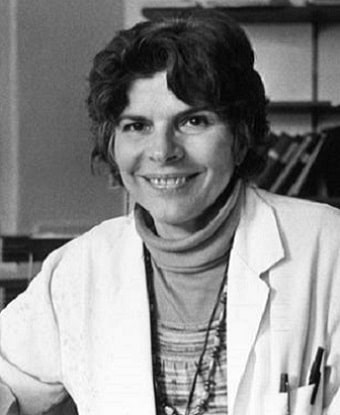
Dr. Helen Rodriguez-Trias, M.D., was a charter member of the National Women’s Health Network and is a vanguard leader in the fight against sterilization abuse in Puerto Rico, New York, and nationwide. Helen was a founding member of the Committee to End Sterilization Abuse (CESA), the first grassroots organization developed to combat forced sterilization. CESA, a multiethnic organization, was responsible for crafting protective guidelines and leading a multi-pronged campaign to demonstrate community support for government action to end abuse.
Further Reading: Visit our website here and here to learn more about Dr. Rodriguez-Trias and her work to end reproductive coercion.
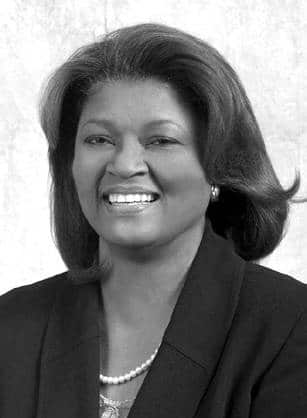
Shirly F. Marks, MD, has been widely recognized for her efforts to reduce the stigma associated with mental illness and for advocating for equitable access to mental health treatment. Between 1981 and 1990, she served weekly as a psychiatric consultant on the talk show Good Morning Houston, where she discussed mental health topics prescient to women such as domestic violence, gynecological health, heart health, and eating disorders. Dr. Marks still practices psychiatry in Texas and has been a powerful spokesperson and advocate for women’s issues throughout her career, particularly in her efforts to stop violence against women. For over fifteen years, she has treated women in need of trauma recovery, women incarcerated in prisons, and other marginalized groups.
Further Reading: Check out Shirley Marks’s in-depth profiles on nih.gov and at IES Abroad.
